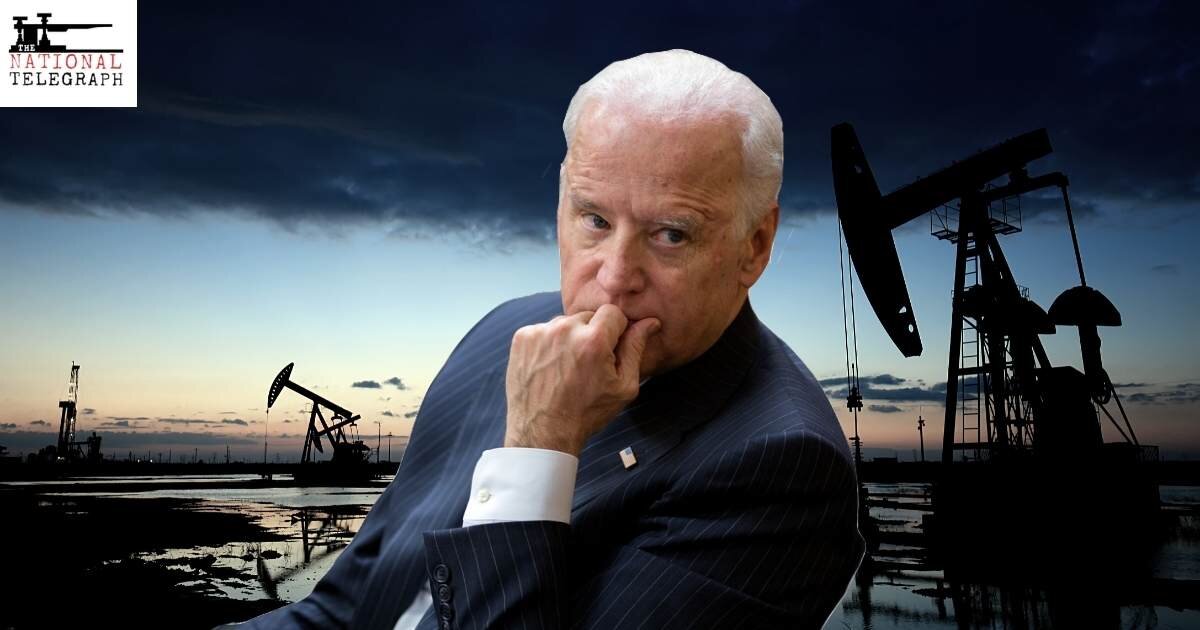Written By Austin Claypool, Posted on November 15, 2020

A Biden presidency raises a number of questions for the oil and gas industry. He appealed heavily to the environmental elements of the Democratic base throughout the Democratic primaries and presidential race. While there are always disparities between election promises and actual policy Biden’s record and stated positions on oil and gas does give the industry reason to worry.
Fracking has been a recurring issue for Biden this election cycle. He was routinely accused of being in favour of banning the practice by President Trump, but dismissed these claims as being outright false. In reality, Vice President Biden has flipped on this issue a number of times. During a Democratic primary debate back in July of 2019 Biden voiced his clear opposition to fracking, stating “We would make sure it’s eliminated” when asked a question about the future of coal, fracking and fossil fuels under a Biden administration.
While outlets like CNN have pointed out that the president does not have the constitutional authority to outright ban fracking, an administration actively seeking to regulate or outlaw fracking or curtail oil and gas development can wield considerable influence to push efforts along through the legislative branches of government.
Even with talk about regulating fracking production is likely to remain steady, with profitability being a more pressing concern for American producers. Oil and gas production, in terms of barrels per day (BPD) actually rose under Obama’s administration. While this is likely a result of development and expansion that was allowed to occur under a Bush presidency, environmental policy did not result in an overall decrease in production.
The challenges faced by oil and gas companies under a Biden presidency are likely to be similar to those under Obama. During President Obama’s tenure regulations and regulatory expenses increased exponentially, including changes to oversight, monitoring and a tax on ozone which was described by industry lobbyists as “the most expensive regulation ever”. Given Biden’s strong commitments to environmental protectionism and curbing climate change strict regulations are likely on the horizon.
American companies are not the only ones with their eyes on the recent election. Canadian producers are also watching the situation in the US closely. Biden has been direct in his opposition to pipelines such as Keystone XL. His presidential win likely spells the end of the project.
The pipeline, if cancelled, would represent a 1.5 billion dollar write-off for the Alberta government. Sunk costs aside, it would also further limit producers in Western Canada from getting their oil to new markets. Threats to the Canadian oil and gas industry under a Biden administration are not only limited to policy south of the border.
Foreign policy changes will also present new challenges to producers. Industry analysts have cited Biden’s willingness to work with Iran on further nuclear agreements. Successful negotiations would almost certainly result in Iran ramping up their production by as much as an additional 1.9 million barrels of oil per day. This would further push global oil prices lower in a market where supply already outpaces demand.
Ongoing Senate races will prove detrimental for the oil and gas industry in the US and abroad. If the Republicans are able to retain control they will be able to block appointees to various regulatory bodies and force compromises on stimulus efforts. Maintaining a Republican majority in the Senate would also make it difficult to reverse Trump-era tax incentives for oil producers. Biden’s economic plan, therefore, will look drastically different depending on whether or not the Democrats are able to secure both legislative branches.
While industry experts have voiced their optimism and willingness to work with a Biden administration, the American oil and gas industry is likely to face some new obstacles after Inauguration Day in January, if the election results are not overturned in court.
Hey there You have done a fantastic job I will certainly digg it and personally recommend to my friends Im…